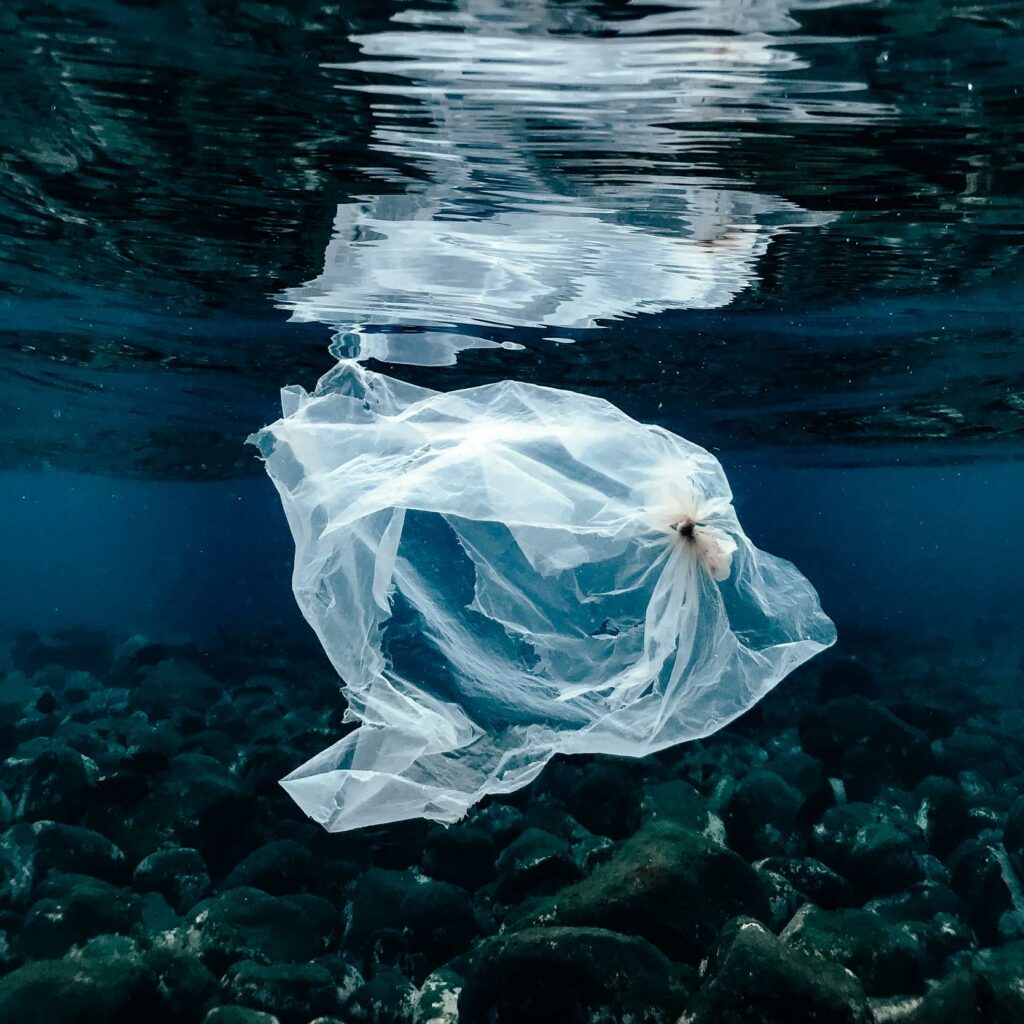So, when will the Selangor State Government completely ban the use of plastic bags?
Currently, the Selangor State Government has implemented the #BebasPlastik Campaign, which imposes a charge of RM0.20 for each plastic bag. The campaign aims to raise awareness among consumers about the dangers of plastic bags to the environment and health.
In line with the implementation of Malaysia’s Roadmap Towards Zero Single-Use Plastics 2018-2030, launched by the Ministry of Energy, Science, Technology, Environment, and Climate Change (MESTECC) on October 17, 2018, the Selangor State Government plans to completely ban the use of plastic bags by the year 2030. The ban will be implemented gradually in collaboration with all Local Authorities.
How is Plastic Bags bad for the environment?
You won’t believe the staggering numbers when it comes to plastic bags and their impact on the environment. Get this, a whopping 500 billion plastic bags are used worldwide each year. That’s like five hundred followed by nine zeros. It’s mind-boggling! Just to put it in perspective, that means over a million bags are being used every single minute. And guess what? They’re wreaking havoc on our environment.

Let’s break it down even further. Each person on this planet goes through about 83 plastic bags annually. That’s like using one bag every four and a half days. And hold on tight, because out of those mind-boggling 500 billion bags, a mind-numbing 100 billion of them are consumed in the United States alone.
The problem doesn’t end there. Plastic bags are a major headache when it comes to pollution. They are a nightmare to recycle and end up sitting in landfills for a whopping 300 years before they even start to break down. And when they do break down, they transform into tiny toxic particles that seep into the soil, waterways, and even the food chain when animals accidentally ingest them.
But wait, there’s more. Plastic bags cause trouble even before they start photodegrading. They’re everywhere, polluting our environment. You’ll find big black bin liners, flashy carrier bags with ads, flimsy sandwich bags, and various other forms of these troublemakers. They’re lightweight, convenient, and unfortunately, too easily discarded.
During the ’60s and ’70s, plastic bags were a rare sight. But since the ’80s, their usage has skyrocketed. Just take a look around, and you’ll spot plastic bags hanging from tree branches, dancing in the wind, lurking in bushes, and even floating in rivers. They clog up gutters and drains, leading to water and sewage overflow, creating a perfect breeding ground for disease-causing germs and bacteria.

As if that’s not enough, plastic bags pose a serious threat to marine life. They rank among the top 12 debris items found along coastlines worldwide. Every single day, animals and sea creatures suffer and die because of discarded plastic bags. It’s heart-wrenching to see a turtle with a plastic bag stuck in its mouth. And it’s a common occurrence for marine animals to mistake plastic bags for food. This leads to their intestines getting blocked and a slow and agonizing death from starvation. Some creatures get entangled in these bags and end up drowning.
It’s a vicious cycle. Since plastic bags take centuries to break down, our seas become home to more and more of them each year. They find their way into the ocean through sewers, waterways, and even toilets (yes, some small bags are flushed down). Every bag that makes its way into a river will likely end up in the sea, too.
Let’s not forget the massive amount of energy consumed to produce these bags. It’s no wonder that governments are feeling the pressure to make changes, and consumers like us need to seriously rethink our attitudes.
The evidence is clear: plastic bags are bad news for the environment. It’s time to step up and find better, more sustainable alternatives. Our planet and its inhabitants deserve better than being suffocated by a sea of plastic.


Leave a Reply